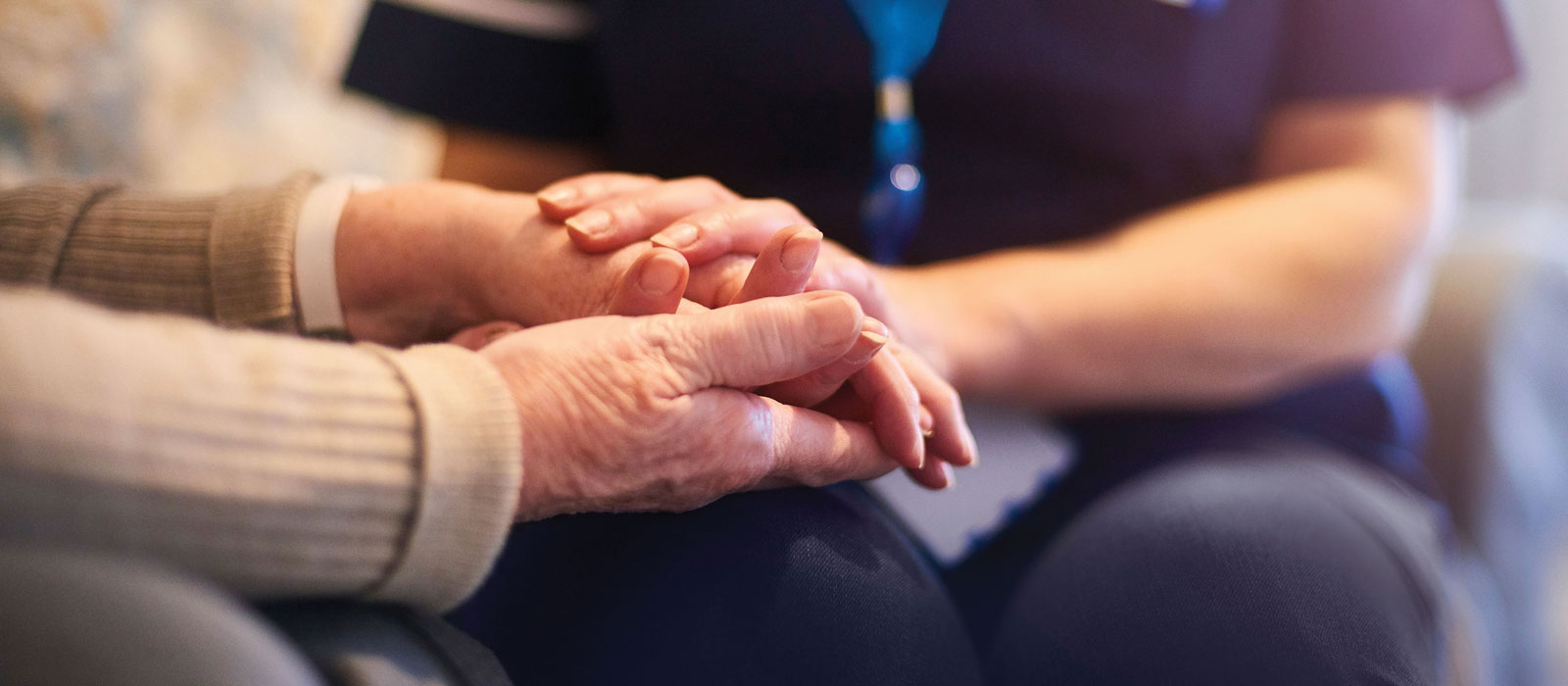By Kathrynn Thompson, MS, APRN-CNS, PMHCNS-BC
Ethical dilemmas arise more often than we realize: consider the patient you have been taking care of for three days telling you he wants no further treatment, but later goes along with family members when they push for more treatment. Moral distress occurs when nurses believe they know the correct action to take but are prevented from doing so. It may lead to a decrease in the quality of patient care and can be a causative factor when nurses leave their current job and sometimes even the profession.
What the Research Tells Us
Moral distress responses can be emotional, physical, spiritual, or behavioral. In a 2017 state-of-the-science report, Rushton, Schoonover-Shoffner, and Kennedy wrote, “Institutions should create and disseminate a ‘toolbox’ of best practices to promote ongoing communication among healthcare providers and facilitate the resolution of ethical issues.”
Moral resilience, an antidote to moral distress, is the ability to maintain or restore integrity during ethical issues that are morally complex and lead to confusion and distress. Developing moral resilience helps nurses to shift the focus from distress to problem solving and seeing the possibilities.
The American Association of Critical-Care Nurses’ (AACN’s) 4As to Rise Above Moral Distress, a best practice, is an interactive question-and-answer framework developed with guidance from Cynda H. Rushton, PhD, RN, FAAN, that can be easily implemented on any unit. It consists of four categories: ask, affirm, assess, and act. Another priority intervention is promoting collaboration among all members of the healthcare team when developing an ethical environment and addressing the causes of ethical issues.
How to Practice
Use the 4As Framework: Through self-reflection, ask yourself if you are suffering and identify the associated symptoms of distress. Self-reflection and self-awareness require us to abandon the automatic answer of “I’m fine” when coworkers recognize distress and ask about it. Affirm our feelings and perceptions with others and our responsibility to act on them. Sharing with others leads to clarity of our thoughts and feelings. Assess the source of distress, rating the severity of distress and readiness to act. Finally, act by creating a self-care plan, preparing to take action, and working on maintaining the change.
Create safe spaces for discussion: Developing an ethical environment and creating safe places for discussion can prevent and reduce moral distress. Wocial, Bledsoe, Helft, and Everett suggested providing a framework to identify ethical concerns and discuss them proactively before they lead to moral distress.
Develop moral communities: We have a need to care for each other. The characteristics of a moral community include establishing rapport or connection, preparing for the conversation, asking questions, listening actively, and providing reflective feedback. Moral conversations can help nurses feel comfortable saying to others, “I am holding you accountable for taking my concerns seriously because my role in patient and family care is equally important.”






